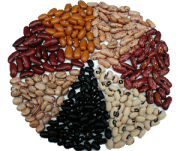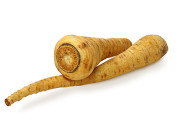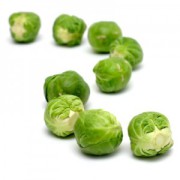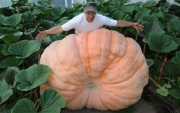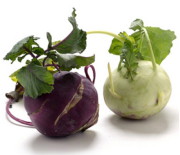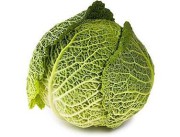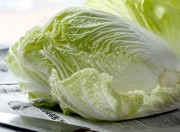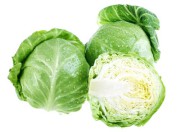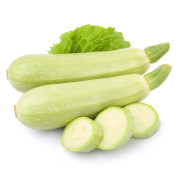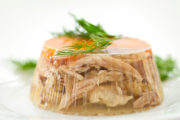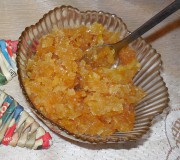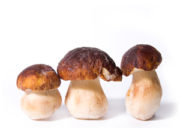Beans: benefits and harms for the body. Properties, contraindications, chemical composition, description and use of beans in cooking.
Beans can rightfully be called the most ancient product, dating back seven thousand years of its unique history. In ancient times, beans were a favorite food item among the ancient Egyptians and Ancient China. In European countries, they learned about beans after the discovery of the American continent.
Beans are a heat-loving crop, so they are mainly grown in the south of the temperate zone and in the subtropical zone. There are known varieties of beans that are more resistant to low temperatures. These varieties are cultivated in many regions of Russia. By the way, recently breeders have developed about 250 varieties of beans, but only 20 of them are most widely used.
The most unpretentious among all known varieties is considered to be common beans, which can be grown in cooler climates and which ripen much earlier than other varieties.
Mainly consumed as food are bean seeds, which are rich in proteins, carbohydrates, pectins, fiber, various microelements and macroelements necessary for the human body.

Beans are rich in vitamins B, PP, E, and C. Beans are almost as good as meat in terms of protein and calorie content, since 100 g of bean seeds contain 298 kcal.It should be noted that the vegetable protein contained in bean seeds is much easier to digest by the body than protein of animal origin.
Therefore, nutritionists recommend eating beans for everyone who is susceptible to hypertension, atherosclerosis, cardiovascular diseases, as well as those suffering from diseases of the nervous system and people who have suffered serious illnesses.

In addition, beans have a beneficial effect on the functioning of the digestive system, and also help improve and restore impaired metabolism.
Rich in protein, vitamins and micro- and macroelements necessary for normal life, beans are considered an excellent preventive measure in the fight against tuberculosis.
Arginine contained in beans takes an active part in the production of urea and in metabolic processes occurring in the human body, which has a beneficial effect on normalizing blood sugar levels. Therefore, beans are recommended for patients with diabetes as a therapeutic food. Bean pods also have the property of lowering blood sugar levels, so patients with diabetes are recommended to consume this decoction of bean pods before meals.
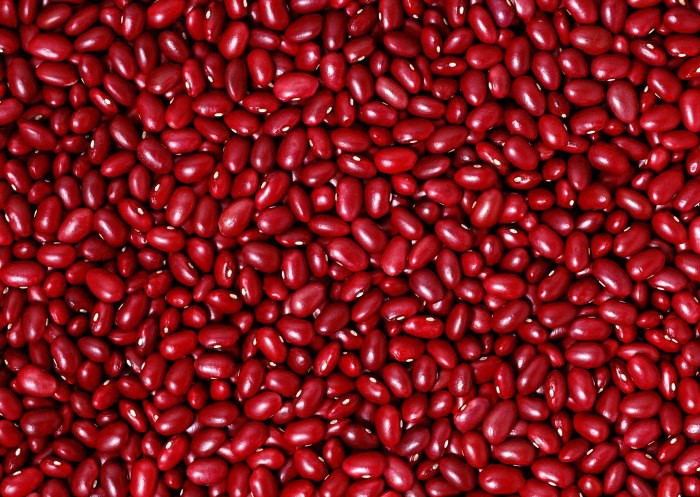
Copper and iron contained in beans take an active part in the formation of red blood cells, which helps to increase the level of hemoglobin in the blood and strengthen the body's defenses.
Sulfur in beans has a beneficial effect on intestinal function, bronchial function, skin condition, and also helps treat rheumatism.
Due to the presence of zinc in beans, which regulates carbohydrate metabolism, beans are recommended for those who are watching their weight and avoiding extra pounds.
Beans have a beneficial effect on the functioning of the genitourinary system, dissolving and removing kidney stones, and also having a diuretic effect, helping to get rid of edema.
Since ancient times, women have used beans as an excellent cosmetic product that helps eliminate wrinkles and improve the elasticity and color of the skin. Bean masks are recommended for women who have long celebrated their fortieth birthday. A mask of boiled beans mixed with lemon juice will give dull skin elasticity and a fresh look.

It is worth noting that beans are not recommended elderly people and those with high stomach acidity, as well as those suffering from peptic ulcers, gastritis, cholecystitis, gout, colitis and flatulence.
To prevent eating beans from causing bloating, it is necessary to soak the beans in a soda solution for several hours before heat treatment. Next, rinse the beans and cook until fully cooked. It is recommended to eat beans with dill, as this product reduces gas formation. It is worth noting that white beans cause less flatulence than dark beans.

It is known that during long-term storage, beans become infected with bugs called bean borer. To avoid this, you need to store the beans in the freezer. This storage method does not affect its taste or the germination of the plant.

